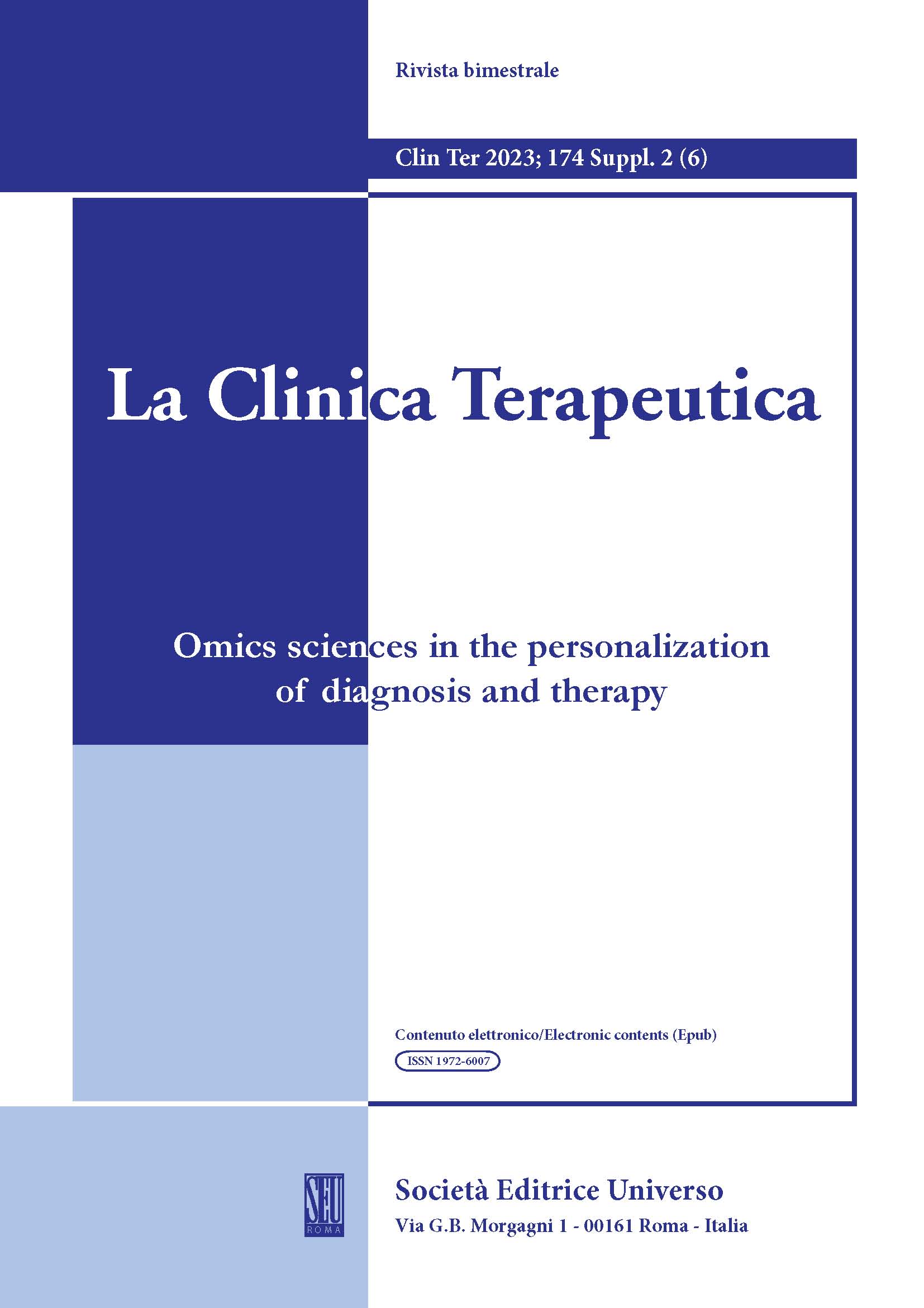Abstract
Nutrigenomics—the study of the interactions between genetics and nutrition—has emerged as a pivotal field in personalized nutrition. Among various genetic variations, single-nucleotide polymorphisms (SNPs) have been extensively studied for their probable relationship with met-abolic traits. SNPs have demonstrated a significant influence on lipid metabolism, by impact-ing genes that encode for enzymes involved in lipid synthesis, transport, and storage. Further-more, they have the ability to affect enzymes in glycolysis and insulin signaling pathways: in a way, they can influence the risk of type 2 diabetes. Thanks to recent advances in genotyping technologies, we now know numerous SNPs linked to lipid and carbohydrate metabolism. The large-scale studies on this topic have unveiled the potential of personalized dietary recommen-dations based on an individual’s genetic makeup. Personalized nutritional interventions hold promise to mitigate the risk of various chronic diseases; however, translating these scientific insights into actionable dietary guidelines is still challenging. As the field of nutrigenomics continues to evolve, collaborations between geneticists, nutritionists, and healthcare providers are essential to harness the power of genetic information for improving metabolic health. By unraveling the genetic basis of metabolic responses to diet, this field holds the potential to rev-olutionize how we approach dietary recommendations and preventive healthcare practices.
